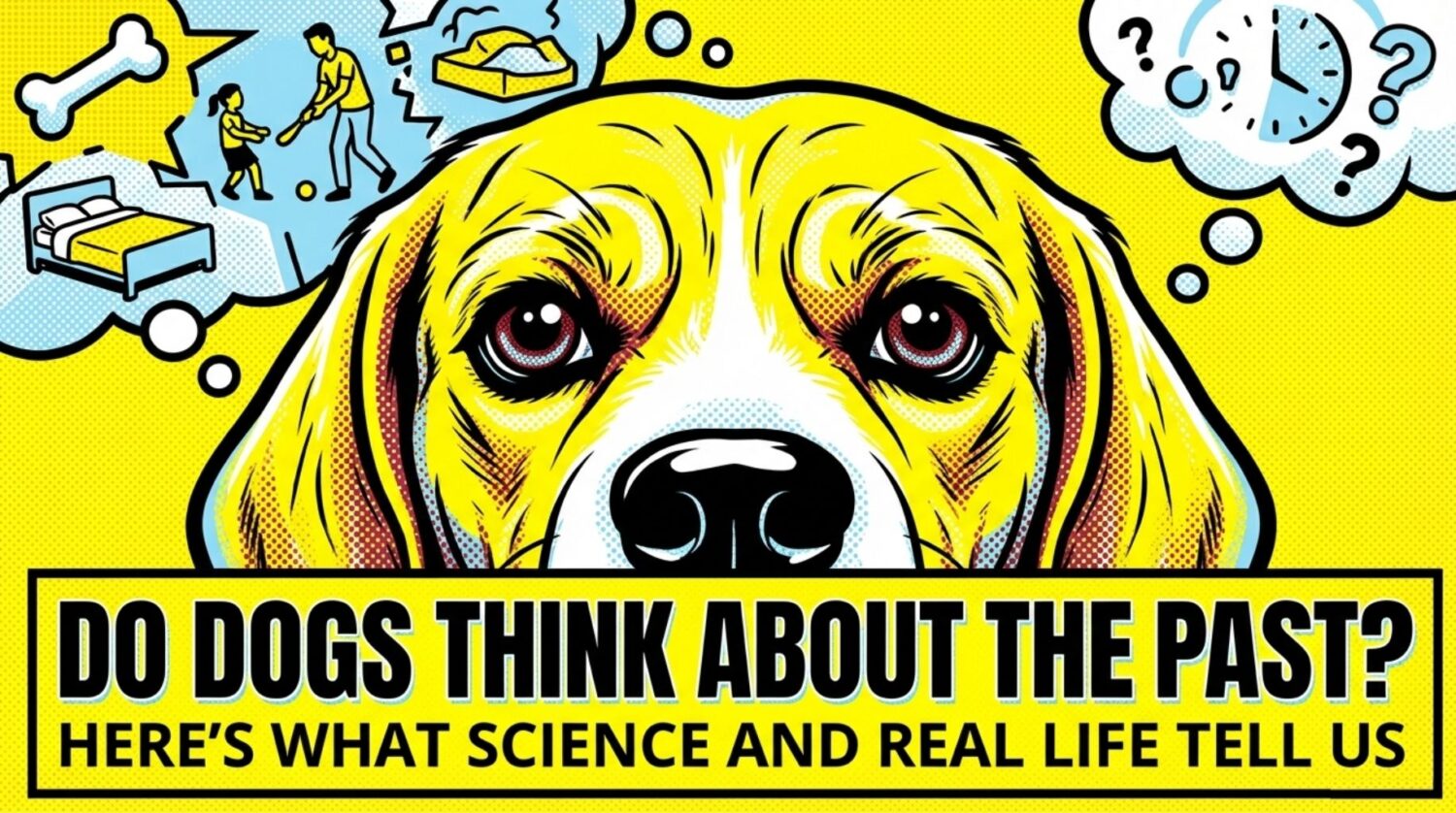The bond between dogs is often profound, whether they are litter-mates, lifelong companions, or recently introduced friends. When one dog passes away, the surviving dog may exhibit behaviors that suggest they are grieving. But do dogs truly grieve the loss of other dogs?
The answer is yes—dogs can and do experience grief.

UNDERSTANDING CANINE GRIEF AND HOW DO DOGS GRIEVE FOR OTHER DOGS
Dogs are highly social animals, capable of forming strong emotional bonds with humans and other animals. When a companion dog passes away, the surviving dog may experience a range of emotions, including confusion, sadness, and anxiety. While dogs don’t grieve in the same way humans do, their behaviors often indicate the sense of loss for other dogs.
This comprehensive guide explores the emotional lives of dogs, how they process loss, and what pet owners can do to support their furry friends during this difficult time. We’ll dive deep into this topic, incorporating case studies, and real-life examples to ensure this resource is valuable for dog owners and pet industry enthusiasts.
Do Dogs Truly Grieve the Loss of Other Dogs?
While dogs don’t grieve in the same way humans do, their behaviors often indicate the sense of loss for other dogs. For example, a dog may search for their missing companion, whine, or become withdrawn. These behaviors suggest that dogs are not only aware of the absence but also feel the emotional impact of losing a close companion.
When a companion passes away, dogs can experience a wide range of emotions. While dogs may not grieve in the same way humans do, their behaviors often indicate the sense of loss for other dogs. Recognizing the signs of grief in your dog is the first step toward helping them cope.
Signs of Grief in Dogs
Common signs include:
- Changes in Appetite: A grieving dog may eat less or lose interest in food altogether.
- Lethargy: They may become less active, spending more time sleeping or lying down.
- Vocalizations: Whining, howling, or barking more than usual can be a sign of distress.
- Searching Behavior: Dogs may wander around the house or yard, looking for their lost companion.
- Closeness to Owners: Some dogs become more clingy, seeking extra comfort from their human family members.
- Changes in Sleep Patterns: Restlessness or sleeping more than usual can indicate emotional distress.
- Withdrawal: A grieving dog may isolate themselves from other pets or family members.
These behaviors can last for days, weeks, or even months, depending on the dog’s personality and the strength of the bond they shared with the deceased companion.
The Science Behind Canine Emotions
Research has shown that dogs are capable of experiencing complex emotions, including grief. A study published in the journal Animals found that dogs exhibit behavioral changes after the loss of a companion, similar to the mourning process observed in humans and other social animals like elephants and primates.
Dogs rely heavily on routine and familiarity, so the absence of a companion can disrupt their sense of security. Additionally, dogs are highly attuned to their environment and can pick up on the emotional cues of their human family members, which may amplify their own feelings of loss.
🔑 Key Points: Do dogs truly grieve the loss of another dog? The answer is yes—dogs can and do experience grief. Dogs exhibit behavioral changes after the loss of a companion, similar to the mourning process observed in humans and other social animals like elephants and primates.

HOW DOGS PROCESS LOSS AND GRIEVE FOR OTHER DOGS
While dogs may not comprehend death in the same way humans do, they are perceptive enough to recognize that something has changed. They may notice the absence of their companion’s scent, sounds, and presence. Over time, most dogs adapt to the new reality, though the grieving process can vary widely from one individual to another.
The Role of Scent and Memory
Dogs have an incredible sense of smell, which plays a significant role in how they perceive the world and remember other animals. When a companion dog passes away, the surviving dog may continue to search for their scent around the house or yard.
This behavior is a clear indication that dogs remember their companions and feel their absence deeply. Over time, as the scent fades, the dog may begin to adjust to the new reality, but the initial period of searching and confusion can be emotionally taxing.
Behavioral Changes After Loss in Dogs Often Show the Grieve for Other Dogs
The loss of a companion can lead to significant behavioral changes in dogs. For example, a dog that was once playful and energetic may become lethargic and withdrawn. Conversely, a dog that was previously calm and reserved may become anxious or clingy.
These changes are often a reflection of the dog’s emotional state and their attempt to cope with the loss. It’s important to monitor these behaviors closely and provide support as needed.
The Impact of Routine and Environment
Dogs thrive on routine and familiarity, so the loss of a companion can disrupt their sense of security. For example, if the deceased dog was part of a daily walking or feeding routine, the surviving dog may feel disoriented by the change. Maintaining a consistent routine and providing a stable environment can help your dog feel more secure during this difficult time.
🔑 Key Points: Dogs may notice the absence of their companion’s scent, sounds, and presence. After a dog passes away, the surviving dog may continue to search for their scent around the house or yard. This behavior is a clear indication that dogs remember their companions and feel their absence deeply.
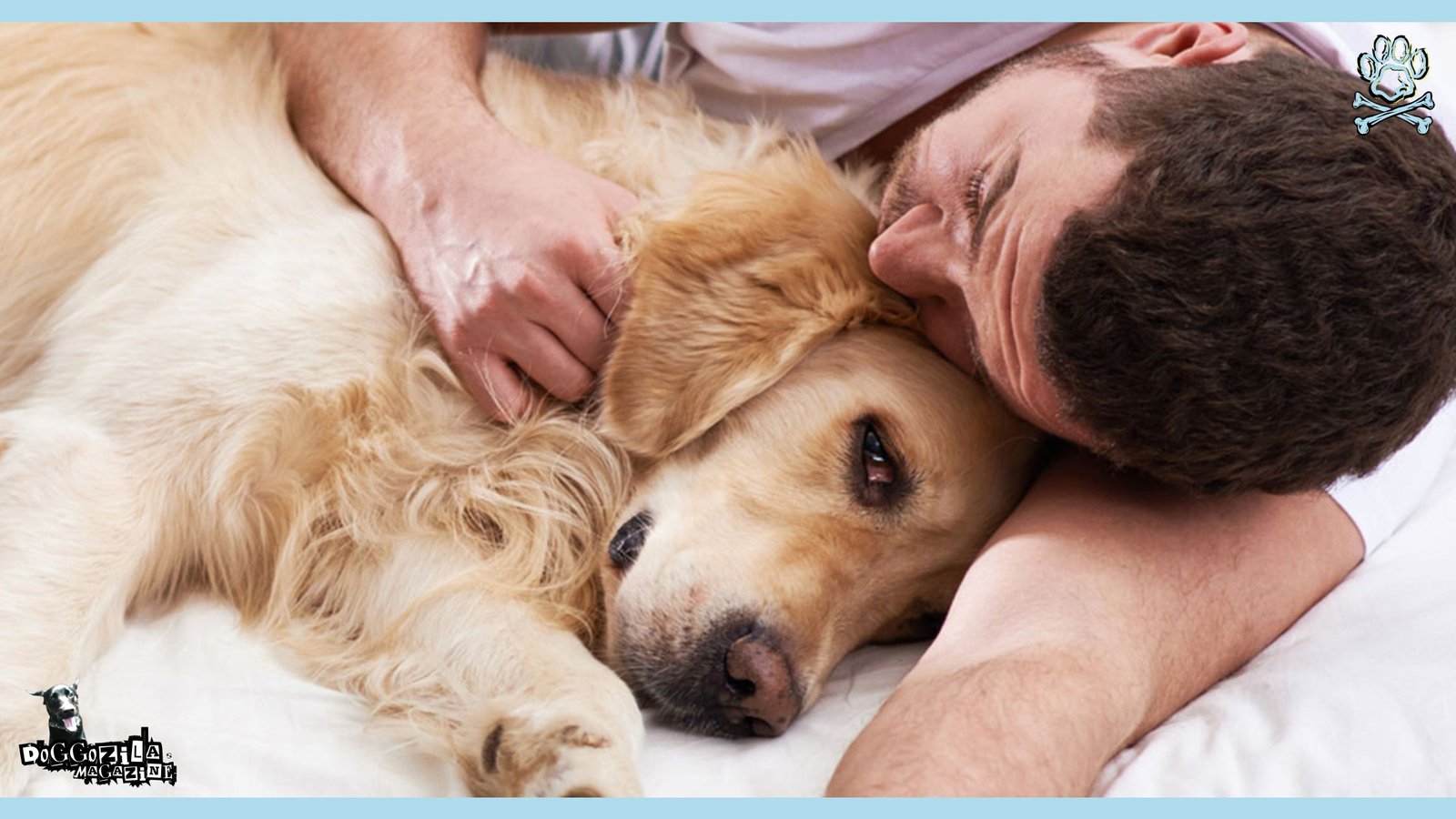
HOW TO HELP A GRIEVING DOG
Grieving is a natural process, and every dog handles it differently. By recognizing the signs of grief and providing appropriate support, you can help your dog navigate this challenging period. Whether it’s maintaining a routine, offering extra comfort, or seeking professional help, your efforts can make a significant difference in your dog’s emotional well-being.
Maintain a Consistent Routine and Provide Extra Comfort and Affection
Dogs thrive on consistency. Stick to their regular feeding, walking, and playtime schedule to provide a sense of stability during this uncertain time. A predictable routine can help reduce anxiety and reassure your dog that their world is still secure.
During periods of grief, your dog may need more physical affection and reassurance. Spend quality time with them, offering gentle petting, cuddling, or grooming. Your presence can be a source of comfort and help them feel less alone.
Encourage Physical Activity and Play to Monitor Their Health and Behavior
Engage your dog in activities they enjoy, such as playing fetch, going for walks, or exploring new trails. Physical activity releases endorphins, which can improve their mood and alleviate stress. If your dog seems reluctant to play, start with low-energy activities and gradually increase intensity.
Grief can sometimes lead to physical health issues, such as a weakened immune system or digestive problems. Keep an eye on your dog’s overall well-being, including their eating habits, energy levels, and bathroom routines. If you notice any concerning changes, consult your veterinarian.
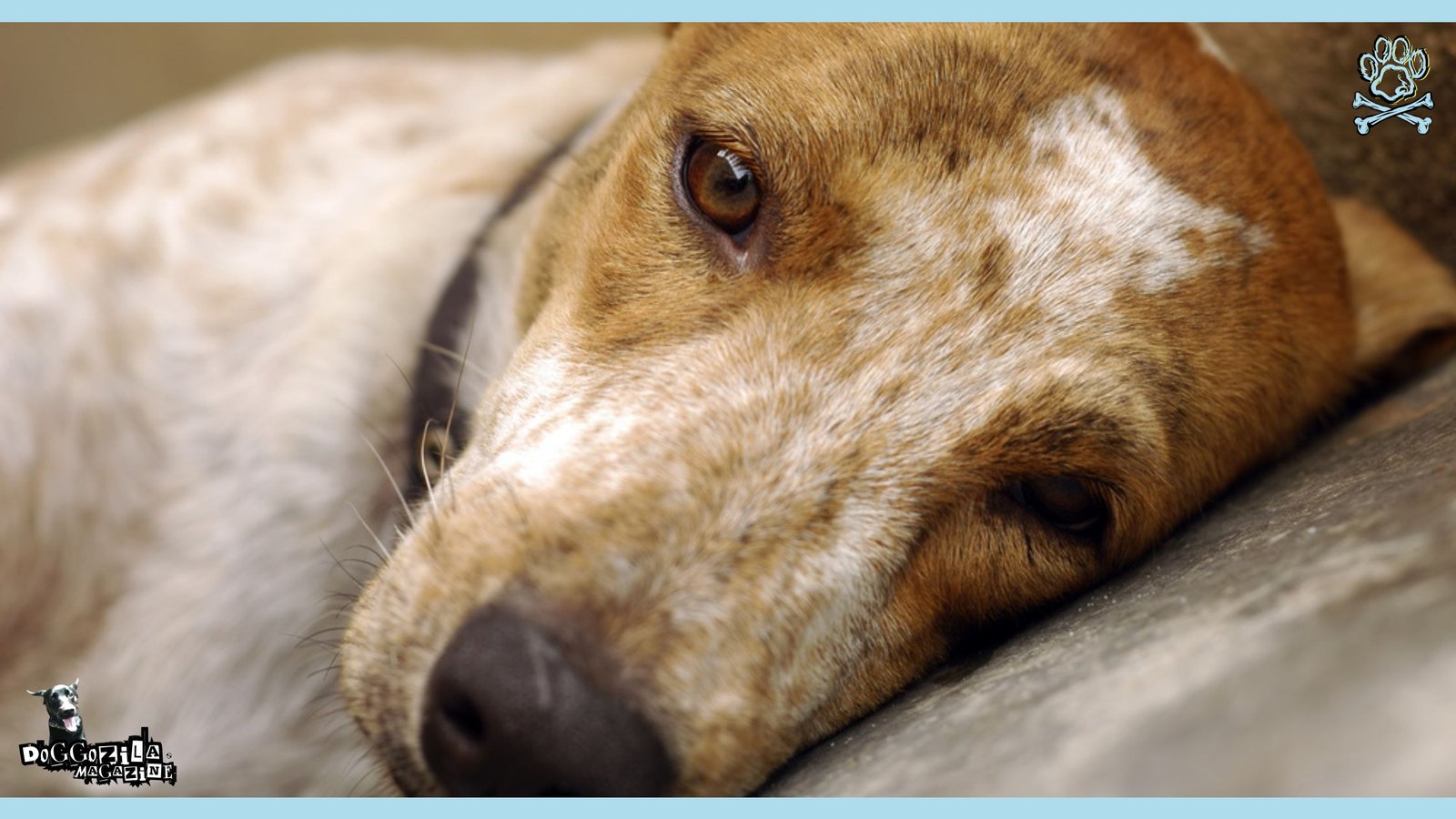
Create a Memorial or Keepsake
Some dogs find comfort in having a tangible reminder of their lost companion. Consider creating a small memorial with photos, toys, or blankets that carry the scent of the deceased dog. This can provide a sense of closure and help your dog process their emotions.
Introduce New Stimuli Gradually
If you plan to introduce a new pet, do so slowly and carefully. Allow your dog time to adjust to the loss before bringing another animal into the home. Rushing this process can lead to stress and confusion for your grieving dog.
🔑 Key Points: If your dog is mourning the loss of another dog, stick to their regular routines and spend more time with your dog to engage in activities they enjoy. Introduce new stimuli gradually and monitor their health. Consider creating a small memorial with photos, toys, or blankets that carry the scent of the deceased dog.
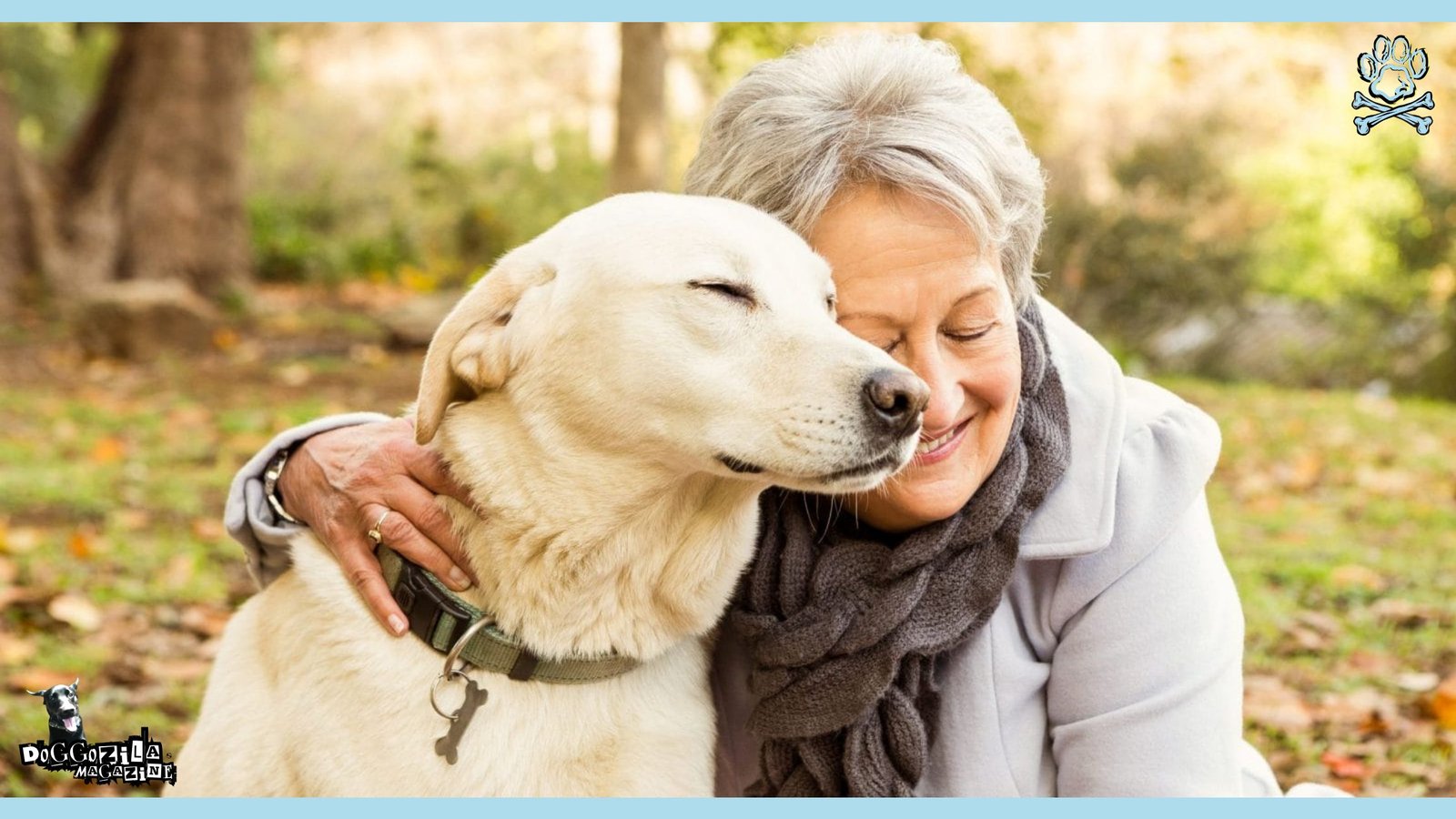
CASE STUDIES OF DOGS GRIEVE FOR OTHER DOGS: REAL-LIFE EXAMPLES
Dogs are highly empathetic creatures and can pick up on the emotions of their human family members. If you are grieving the loss of a pet, your dog may mirror your sadness and become more subdued or anxious. It’s important to acknowledge your own feelings while also providing support for your dog. This has happened many times, check these case studies and examples from real-life.
Case Study 1: A Dog Mourning the Loss of a Litter-mate
Lucy, a 7-year-old Labrador, lost her litter-mate, Max, to cancer. After Max’s passing, Lucy exhibited signs of grief, including lethargy, loss of appetite, and frequent whining. Her owner, Sarah, maintained a consistent routine and provided extra comfort, such as cuddling and gentle grooming.
Over time, Lucy began to adjust to life without Max, though she still occasionally searched for him around the house. Sarah created a memorial with Max’s favorite toys and photos, which seemed to provide Lucy with a sense of closure.
Case Study 2: A Senior Dog Grieving a Younger Companion
Buddy, a 12-year-old Golden Retriever, lost his younger companion, Bella, to an accident. Buddy became withdrawn and spent most of his time lying in Bella’s favorite spot. His owner, John, encouraged Buddy to stay active by taking him on short walks and engaging him in gentle play.
John also introduced a new companion, a calm and submissive rescue dog, after several months. Buddy gradually accepted the new dog, and the two eventually formed a bond.
🔑 Key Points: If you are grieving the loss of a pet, your dog may mirror your sadness and become more subdued or anxious. While it’s natural to feel sad, try to maintain a calm and positive demeanor around your dog. Your emotional state can influence theirs, so finding ways to cope with your own grief can indirectly benefit your dog.

RESEARCH INSIGHTS ON CANINE GRIEF
In some cases, a dog’s grief may become overwhelming, leading to prolonged depression or behavioral issues. If your dog’s symptoms persist for more than a few weeks or worsen over time, it may be time to seek professional help. A veterinarian can rule out any underlying health issues and recommend treatments such as anti-anxiety medications. A certified animal behaviorist can provide tailored advice and strategies to help your dog cope with their grief.
Studies on Canine Emotions and Grief
Research has shown that dogs are capable of experiencing complex emotions, including grief. A study published in Applied Animal Behaviour Science found that dogs exhibit behavioral changes after the loss of a companion, such as decreased activity and changes in eating habits. These findings suggest that dogs do grieve for other dogs and not only feel the loss but also struggle to adapt to the new reality.
Expert Tips from Animal Behaviorists
- Dr. Patricia McConnell: Recommends using positive reinforcement to help dogs cope with grief. For example, rewarding calm behavior with treats and praise can help create positive associations during a difficult time.
- Dr. Karen Overall: Emphasizes the importance of maintaining a stable environment and routine to help dogs feel secure after the loss of a companion.
🔑 Key Points: Studies have documented behavioral changes in dogs after the loss of a companion, similar to the mourning process observed in humans and other social animals. Dogs rely heavily on routine and familiarity, so the absence of a companion can disrupt their sense of security.
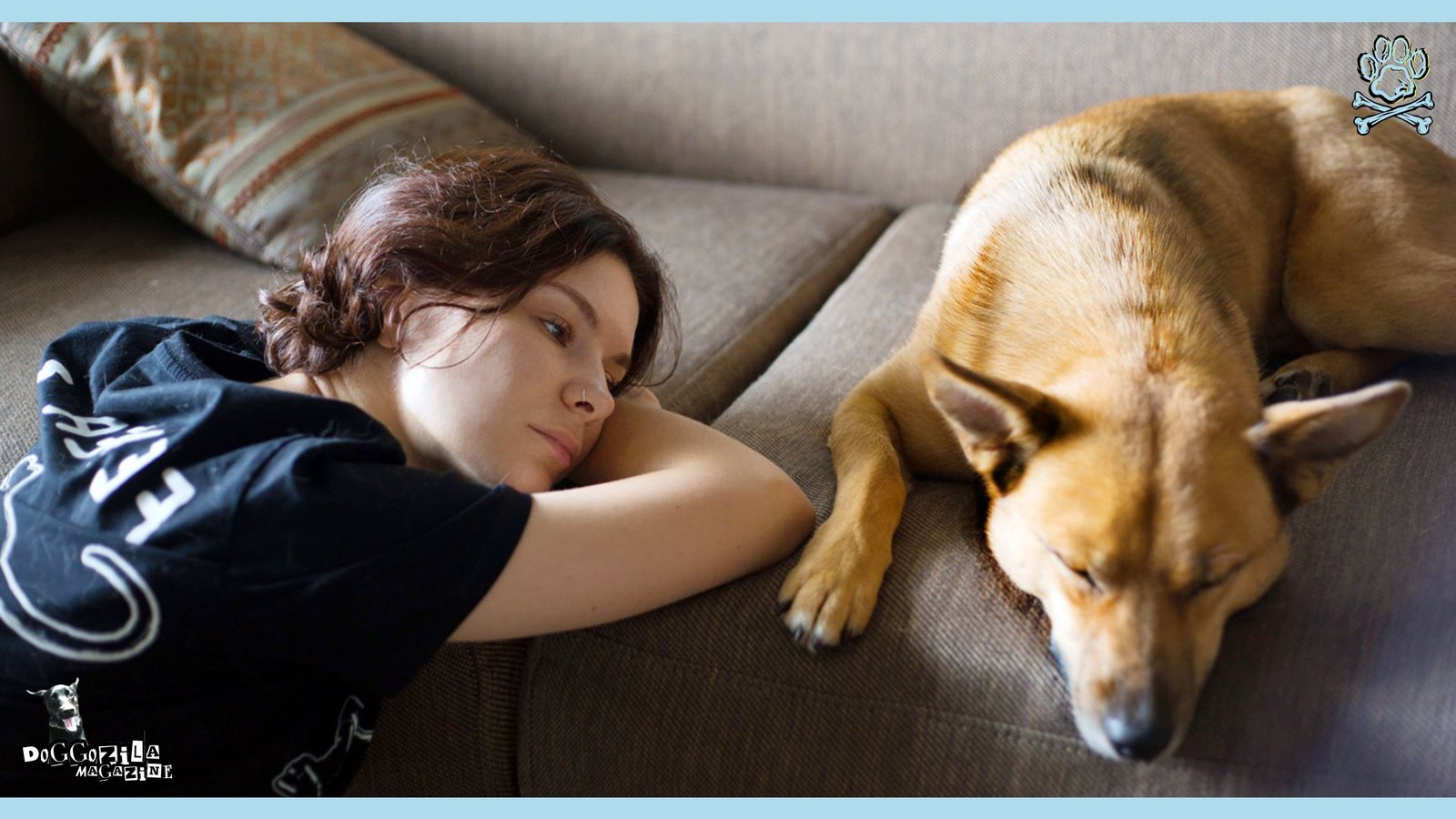
PREVENTING GRIEF IN MULTI-DOG HOUSEHOLDS
Grieving is a natural process, and every dog handles it differently. Some may bounce back quickly, while others take longer to adjust. As a pet owner, your patience and understanding are crucial during this time. Remember that your dog is not just mourning the loss of a companion—they are also navigating changes in their environment and routine.
Building Resilience in Dogs
Helping your dog build resilience can make it easier for them to cope with loss. This includes providing a stable environment, encouraging socialization, and fostering independence.
Preparing for the Loss of a Companion
If you have multiple dogs and one is nearing the end of their life, prepare the surviving dogs by gradually introducing changes to their routine. Allow them to say goodbye in their own way, and provide extra support during the transition.
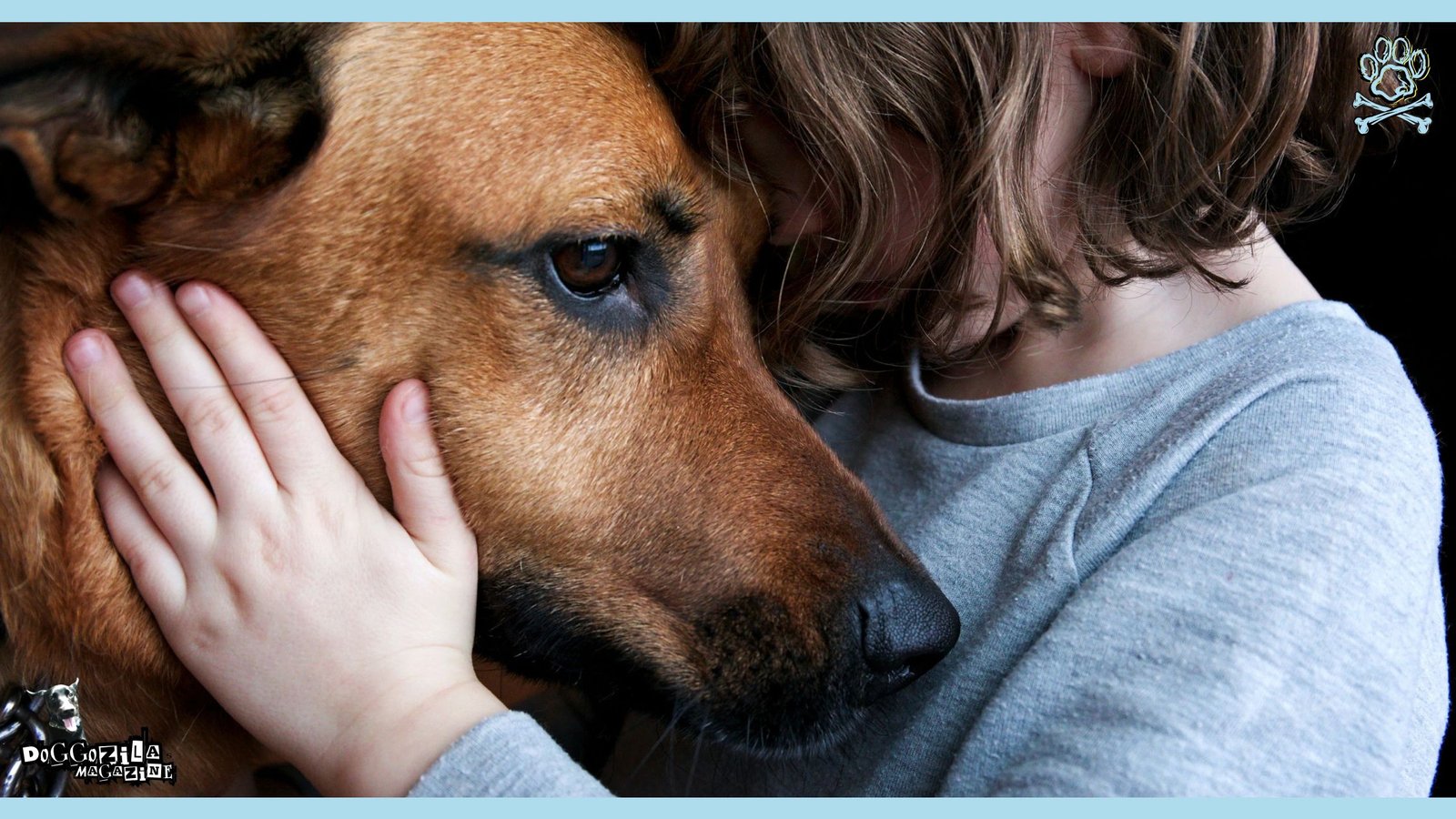
FREQUENTLY ASKED QUESTIONS WHEN DOGS DO GRIEVE FOR OTHER DOGS
If you are grieving the loss of a pet, your dog may mirror your sadness and become more subdued or anxious. While it’s natural to feel sad, try to maintain a calm and positive demeanor around your dog. Your emotional state can influence theirs, so finding ways to cope with your own grief, can indirectly benefit your dog.
Do Dogs Understand Death?
While dogs may not comprehend death in the same way humans do, they are perceptive enough to recognize that something has changed. They may notice the absence of their companion’s scent, sounds, and presence.
How Long Does Grief Last in Dogs?
The grieving process can vary widely from one dog to another. Some may bounce back quickly, while others take weeks or even months to adjust.
Can Getting Another Dog Help?
Introducing a new pet can help some dogs, but it’s important to wait until your dog has had time to process their loss. Rushing this decision can lead to stress and confusion.
If you found this article helpful, please share it with other dog lovers and pet owners.
Together, we can create a more compassionate world for our furry friends.
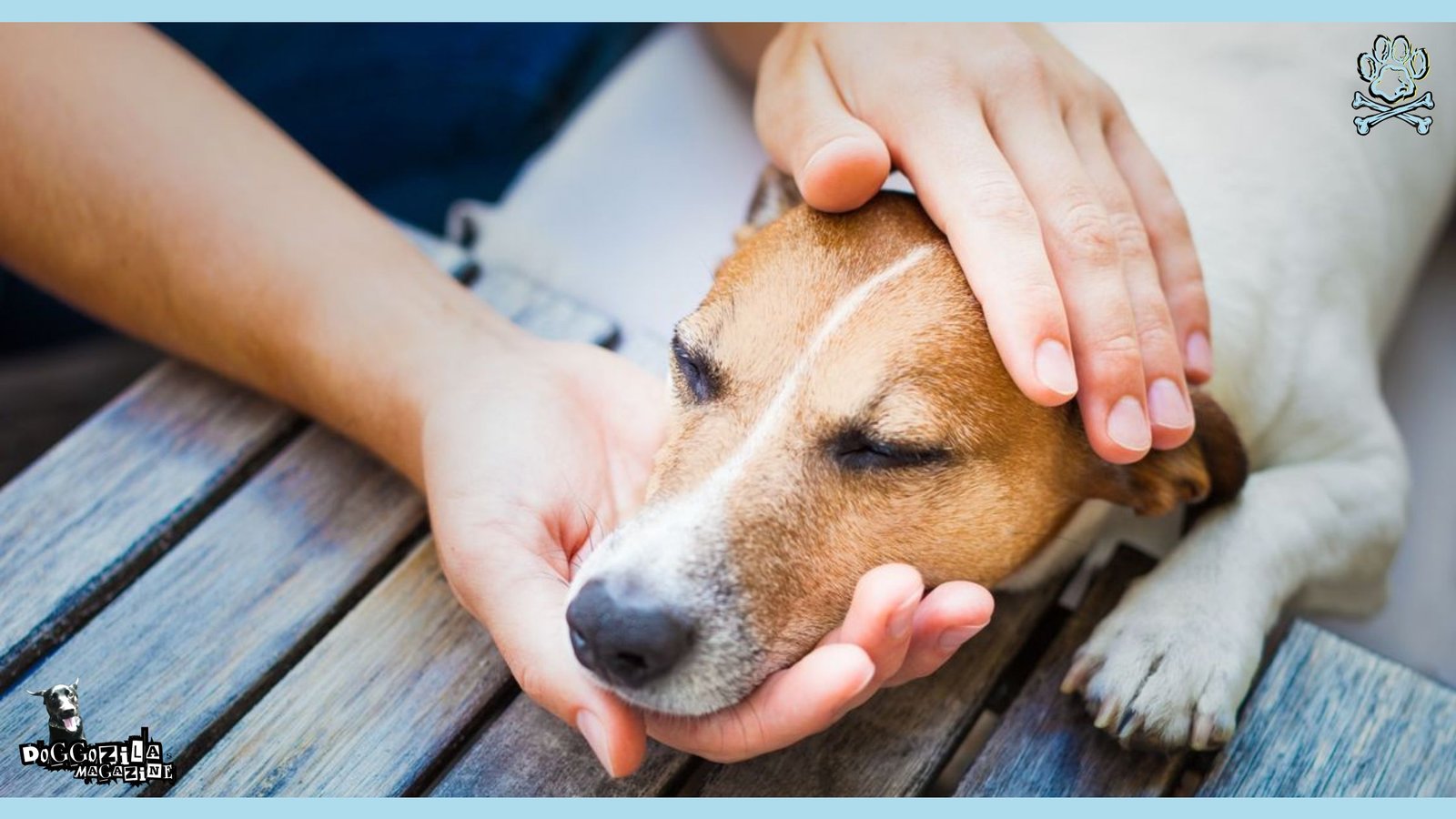
CONCLUSION: HELPING YOUR DOG HEAL
Grieving is a natural process, and every dog handles it differently. By recognizing the signs of grief and providing appropriate support, you can help your dog navigate this challenging period. Whether it’s maintaining a routine, offering extra comfort, or seeking professional help, your efforts can make a significant difference in your dog’s emotional well-being.
Final Thoughts
The bond between dogs and their companions is a beautiful and complex thing, and the loss of a loved one can leave a lasting void. By acknowledging your dog’s grief and taking steps to support them, you can help them heal and move forward.
Remember, you’re not alone—countless pet owners have walked this path before, and there are resources and communities available to help you and your dog through this difficult time.





